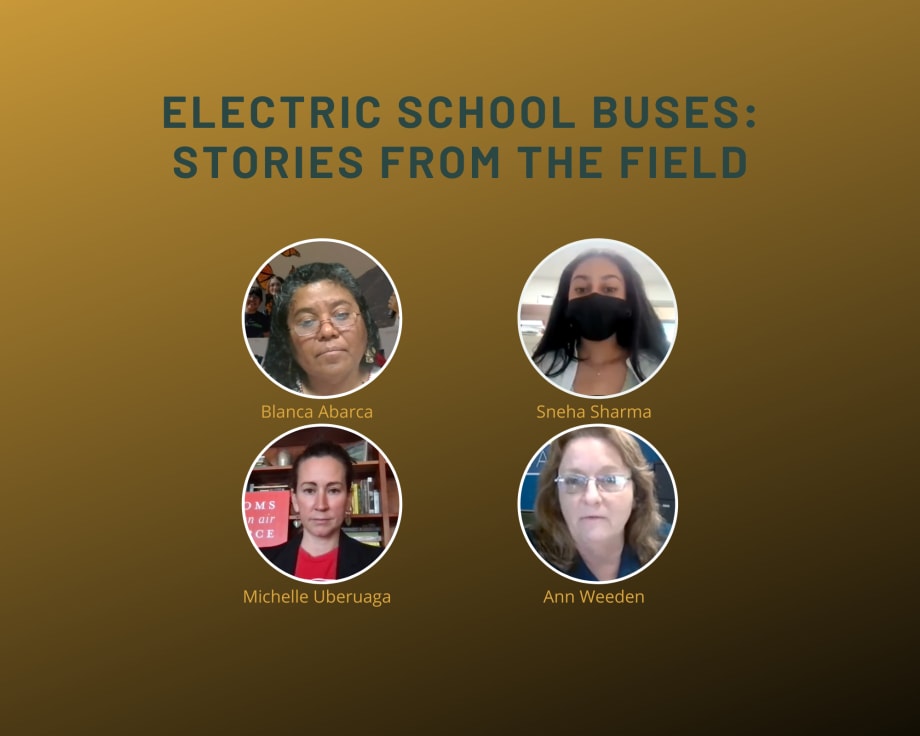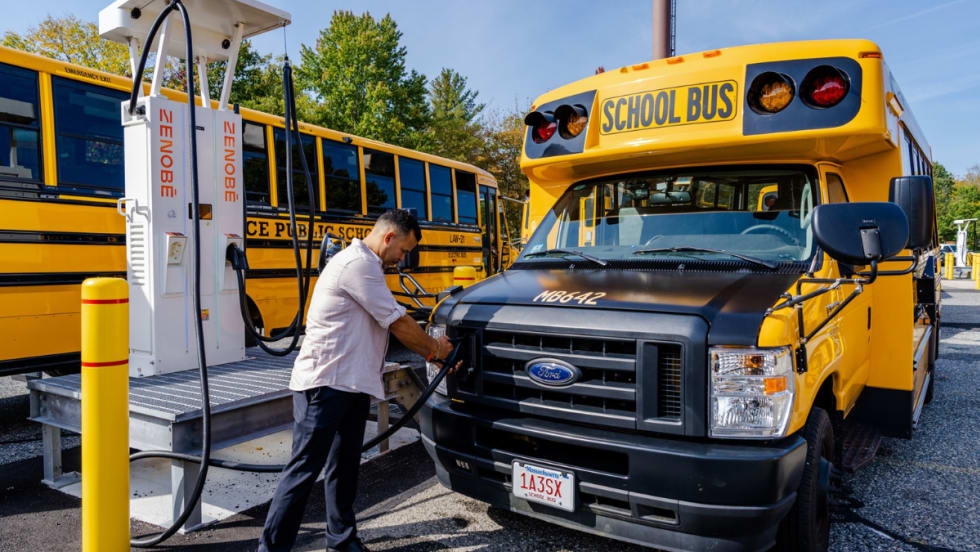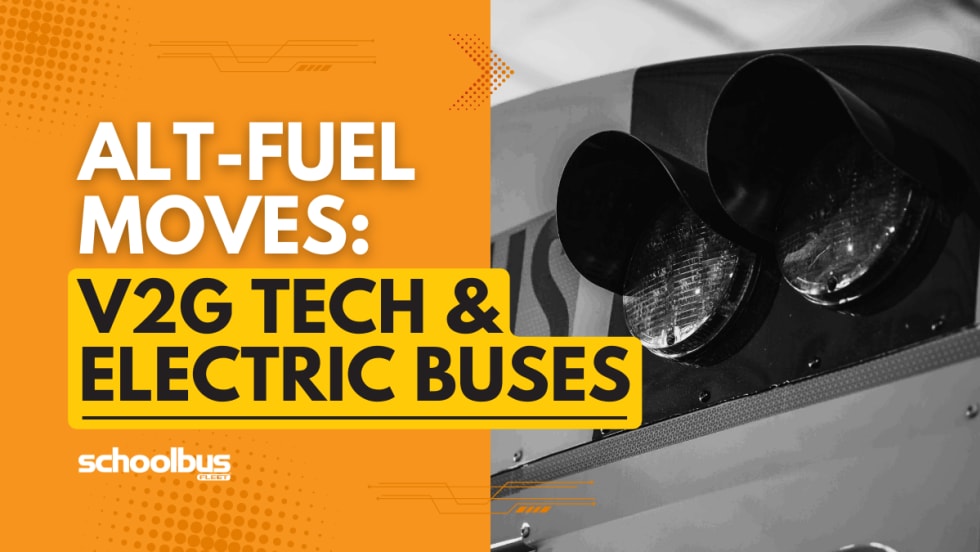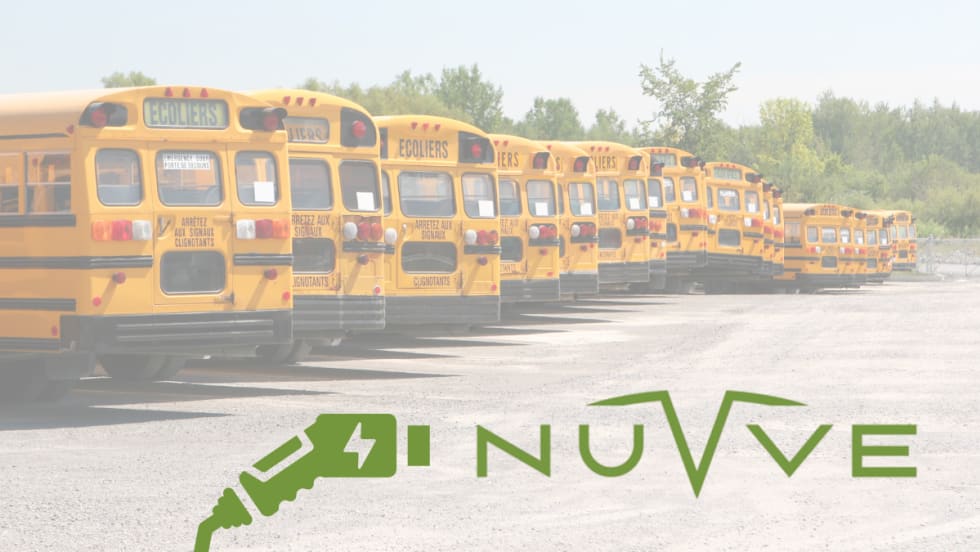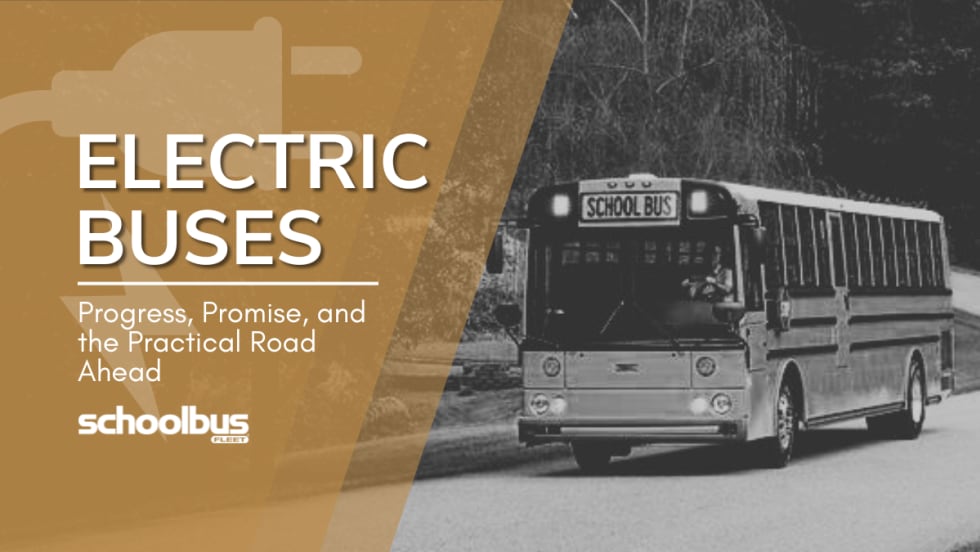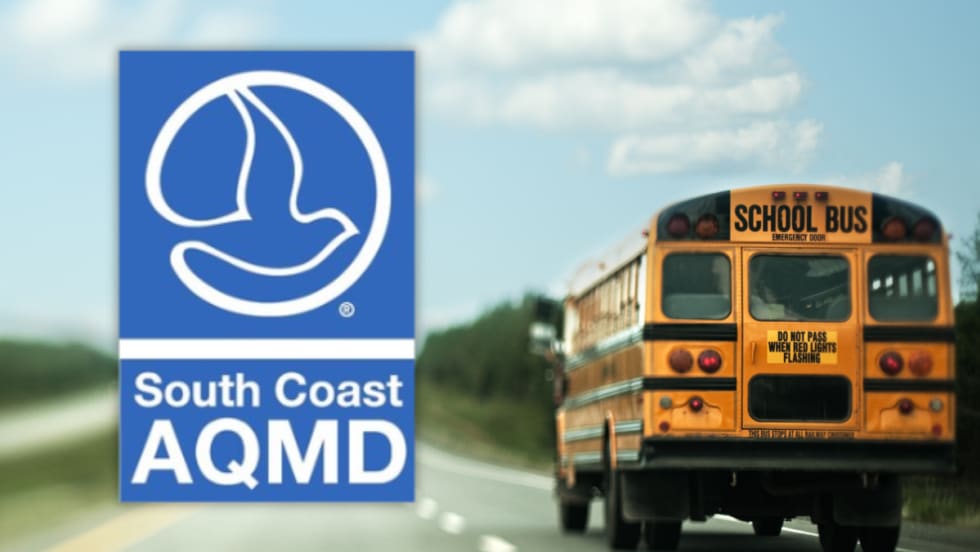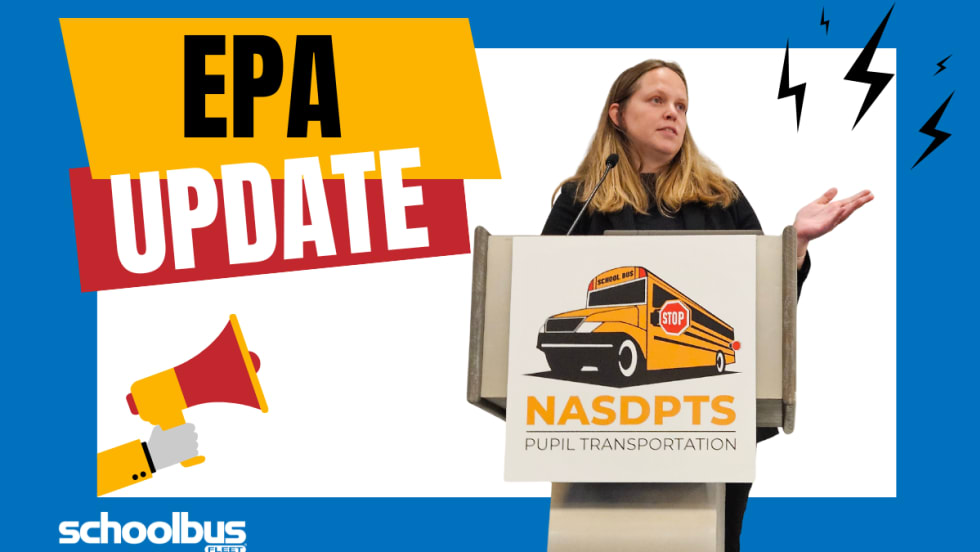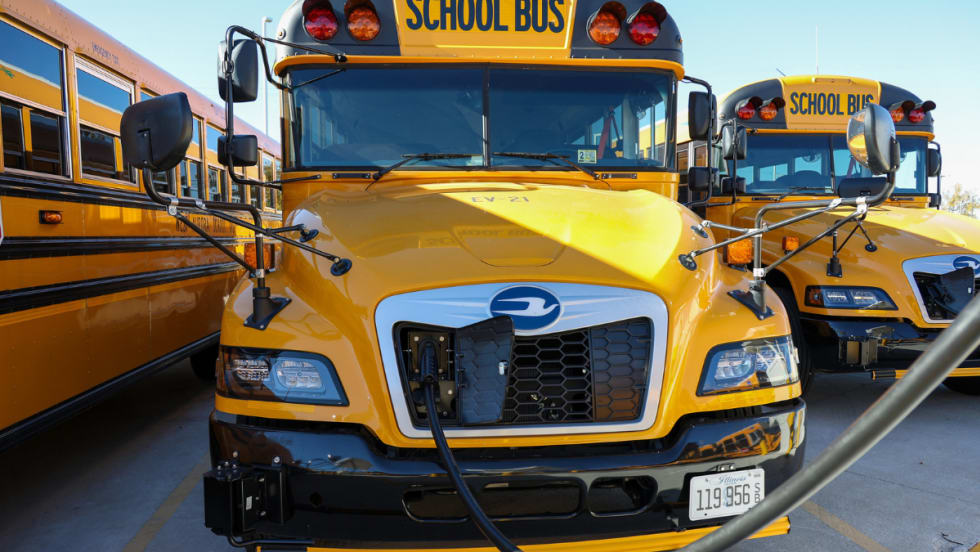As Blanca Abarca’s daughter started school in Maricopa County, Arizona, she began noticing a trend: her friends were unable to play with her because they were sick. Abarca wanted to get to the bottom of it. She learned many of her daughter’s classmates had asthma. The Arizona HealthQuery reported that the area has high risk factors for asthma including poverty, poor housing conditions, greater exposure to allergens, and air pollution. The American Lung Association rates Maricopa County an “F” for its particle pollution. Phoenix, located in Maricopa County, ranks as one of the most polluted cities in the country in a list published by the ALA.
Abarca is one of four women who shared their experiences and promoted the benefits of school bus electrification in the first of a series of webinars hosted by the World Resources Institute’s (WRI) Electric School Bus Initiative. The WRI wanted to highlight women who are making these efforts as Women’s History Month wraps up.
Abarca advocates for electric school buses to help get diesel buses off the streets. Studies have shown diesel fumes could potentially harm the body, worsening conditions like asthma. Abarca is a promotora with Chispa Arizona, which advocates for issues related to environmental justice. She is outspoken about her support for school bus electrification.
"Maybe I won't get to enjoy [cleaner air], but that's the fight as a mom," Abarca said. "That we all have access to clean, renewable energy, starting with our children having electric school buses."
Thanks to her efforts to rally her community to support electrification, her daughter’s school district, the Cartwright School District, now has Arizona’s first 84-passenger electric school bus, manufactured by Blue Bird.
Michelle Uberuaga, field consultant for Moms Clean Air Force, is concerned about the amount of school buses that idle near school playgrounds as they wait for school to end. That’s in addition to the time many children spend on the school bus: from daily transportation to extracurricular activities.
Uberuaga lives in Montana, which is about to get its very first electric school bus. She said electric school bus funding can be difficult for school districts that are already grappling with budgetary changes amid the pandemic, especially rural school districts.
Uberuaga praised Abarca’s efforts to bring her community together to call for change. She recommends people who want to electrify their school buses advocate in the same way. She also suggests they get to know their school’s transportation department director — someone like Ann Weeden, who is the director of transportation for Oxford Community Schools in Michigan. She also spoke at the webinar.
Weeden oversaw the addition of two Lion Electric school buses for her school district in December 2019. She said the buses are operating “wonderfully” so far. Weeden chose to use the buses for an elementary school in a more populated area, to make the change visible for the community. At a school where 12 diesel school buses used to be parked outside, there are now 10 diesel buses and two electric buses.
When the district was preparing for the addition, Weeden said one of the challenges was making changes to infrastructure to provide the charging needed for the buses. She recommends school districts work with utility providers to prepare. She also advocated for electrification with the help of a community. Weeden helped form a cooperative of several area school districts to push for the change.
Advocacy efforts also are reaching young people. Sneha Sharma, a senior in high school from Boise (Idaho), is one of two students on a drafting committee for her school district’s electrification program. The district is currently bound to a school bus vendor. As Sharma waits for that to end, she said she is encouraging the district to swap its internal combustion engine (ICE) passenger vehicles for electric vehicles.
The Environmental Protection Agency (EPA) is drafting rules for its first round of funding for the Clean School Bus Program through the Bipartisan Infrastructure Law. At least $500 million will be available through the Clean School Bus Rebate Program. The EPA has reported it would prioritize rural and low-income areas in its funding. The Electric School Bus Initiative is hosting a webinar on May 10 to help school districts and other eligible recipients navigate through the application process. Click here for details.




